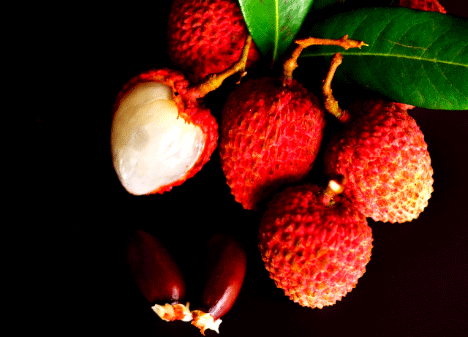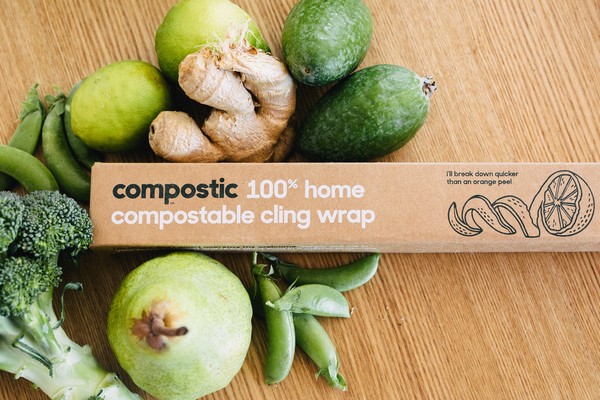The impact of climate change on agriculture is becoming increasingly evident, especially in regions like Greece where traditional crops are struggling against extreme weather patterns. Recent dry winters have posed significant challenges for conventional Greek agriculture, prompting farmers to explore alternative crops better suited to the changing climate. In the Peloponnesus, an experimental initiative is underway to cultivate subtropical fruits, demonstrating promising results and offering a glimpse into the future of Greek agriculture.
Since 2022, the Hellenic Agricultural Organization under the Ministry of Agricultural Development has overseen an experimental cultivation program for subtropical plants in the regions of Lakonia and Messenia. This program, funded by the regional administration of the Peloponnesus, spans 2.5 hectares and focuses on five subtropical crops: avocados, mangos, lychees, cherimoyas, and macadamias. These crops are known for their resilience to high temperatures and their potential to fetch good market prices.
The first mango harvest is now ready, marking a significant milestone for this initiative. Farmers participating in the program are also seeing positive outcomes with their avocado, lychee, cherimoya, and macadamia plantations. These subtropical plants not only withstand the high temperatures better but also present a lucrative opportunity for farmers. For instance, avocados and mangos have high market demand and can significantly enhance the profitability of agricultural ventures in these regions.
Data from other Mediterranean regions that have adopted similar strategies underscore the potential success of this initiative. According to recent studies, areas like southern Spain have seen a 20% increase in revenue from subtropical fruit cultivation compared to traditional crops. This shift not only improves economic resilience for farmers but also contributes to food diversity and security in the face of climate change.
The program’s five-year timeline aims to thoroughly evaluate the viability and economic benefits of these crops under Greek conditions. Initial results suggest that subtropical fruits could become a staple in Greek agriculture, transforming the landscape and providing farmers with new, sustainable avenues for growth.
The experimental subtropical fruit cultivation program in the Peloponnesus represents a proactive response to the challenges posed by climate change. By diversifying crop selection and focusing on plants that thrive in higher temperatures, Greek farmers are paving the way for a more resilient and profitable agricultural sector. This initiative not only addresses immediate climate impacts but also sets the stage for long-term sustainability and economic stability in Greek agriculture.











